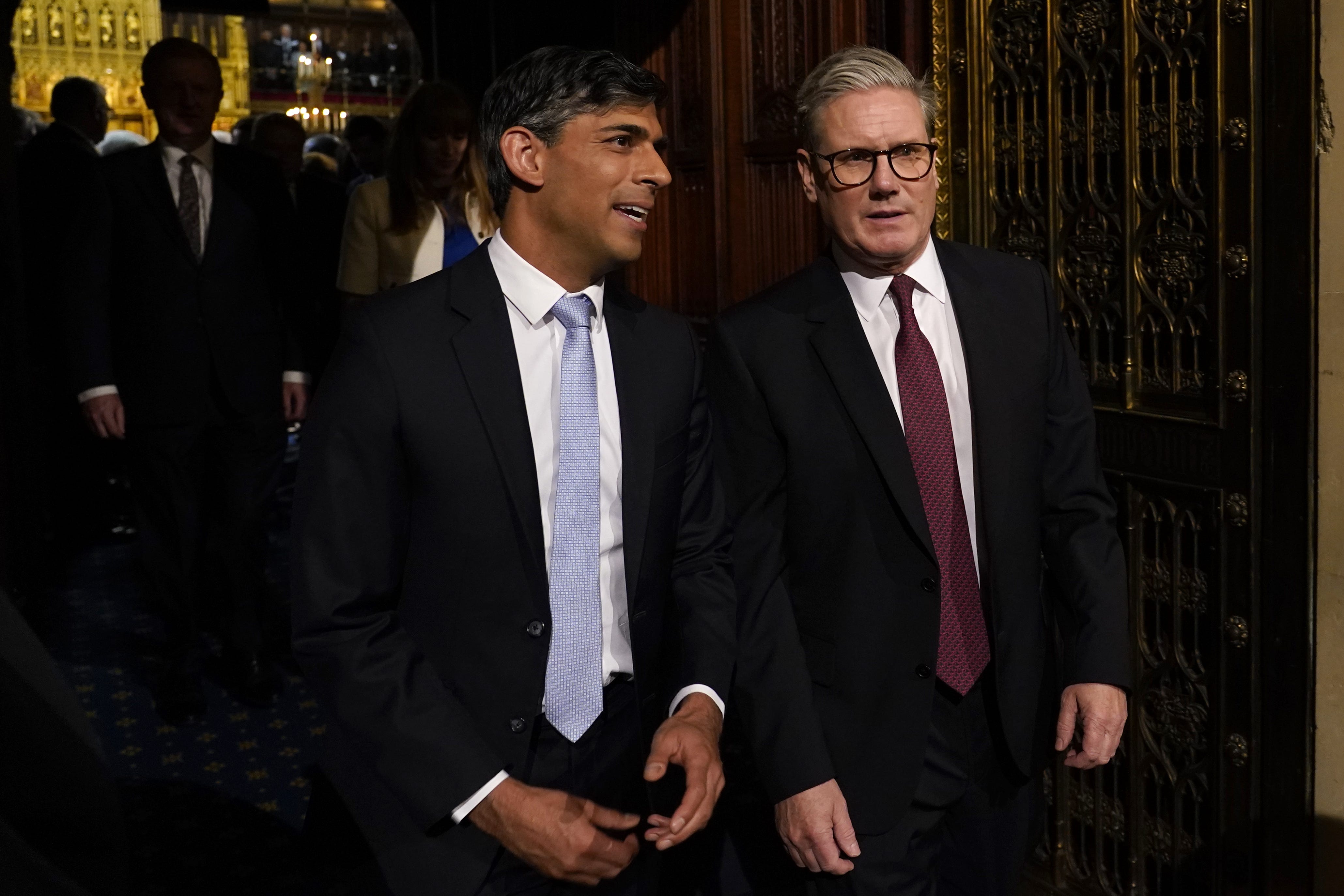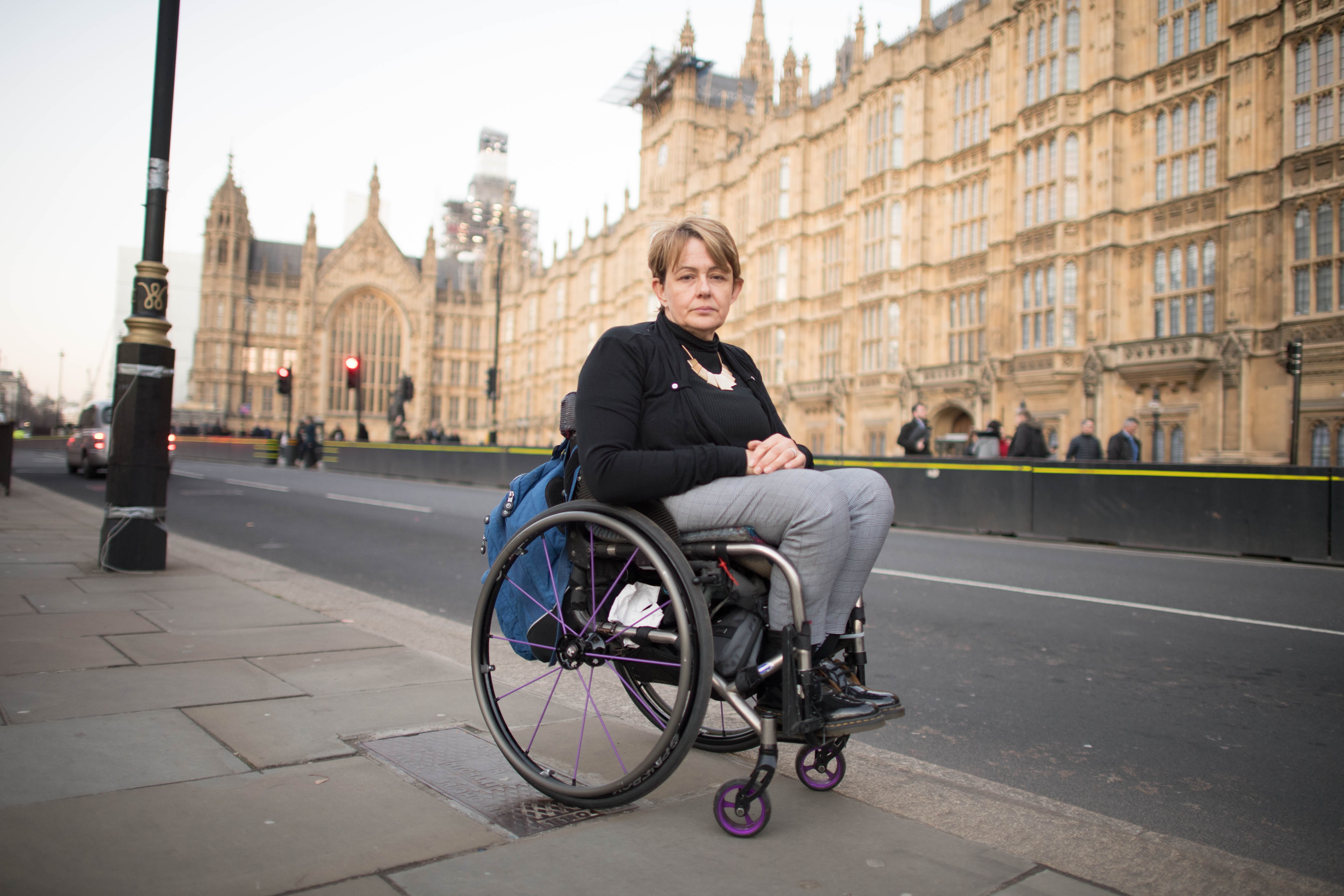Assisted dying vote is a win for Starmer – but one he will not get the credit for
News analysis: Starmer has been the ‘submarine prime minister’ in the assisted dying debate, supporting the bill for its introduction but showing no public leadership or support for it
Your support helps us to tell the story
From reproductive rights to climate change to Big Tech, The Independent is on the ground when the story is developing. Whether it's investigating the financials of Elon Musk's pro-Trump PAC or producing our latest documentary, 'The A Word', which shines a light on the American women fighting for reproductive rights, we know how important it is to parse out the facts from the messaging.
At such a critical moment in US history, we need reporters on the ground. Your donation allows us to keep sending journalists to speak to both sides of the story.
The Independent is trusted by Americans across the entire political spectrum. And unlike many other quality news outlets, we choose not to lock Americans out of our reporting and analysis with paywalls. We believe quality journalism should be available to everyone, paid for by those who can afford it.
Your support makes all the difference.Never has a prime minister said and done so little to get what he wanted in bringing about such a profound change to the country he is governing with an historic vote on assisted suicide.
It was no surprise that Sir Keir Starmer voted for Labour MP Kim Leadbeater’s bill - as did a majority of Labour MPs. He had voted in favour of the failed legislation nine years ago in 2015 and had given no indication of changing his mind.
But, unlike five of his six immediate predecessors in number 10, Sir Keir has kept a vow of silence during the debate before walking through the Aye lobby with 329 others in favour.
The issue now is what it means for his government and by extension his own personal standing after less than six months in office which has seen him under siege almost from the day he was elected.

A divided government
The cabinet and ministers were split on this issue, with health secretary Wes Streeting and justice secretary Shabana Mahmood – who will have to oversee the results of this legislation – both opposing it while others were in favour.
But bringing together these two sides may be the least of Sir Keir problems. The debate has in the most part been conducted in a respectful way and there is little animosity. The one problem was Labour peer Charlie Falconer attacking Ms Mahmood for voting on her religious conscience as a Muslim.
What this will not do is paper over any of the problems in his government where he has already lost a chief of staff (Sue Gray) and a cabinet minister (Louise Haigh), is beset with criticism over the Budget, has angry farmers protesting around the country, has left pensioners in fear of freezing to death and has been facing questions over freebies.

Swallowing up parliamentary time
If this bill is to be allowed to pass and get through both houses then the government will have to give it some of its own time. There is no way it can be relegated to Fridays for discussion not least because there are many complex issues still to debate.
But already more than 200 amendments at committee stage have been prepared in the Commons for the Bill with many of its supporters at second reading saying their continued backing will be conditional on rewriting of large parts of the legislation.
This means that the debate and time needed to go through the bill in the Commons alone will be substantial and could get in the way of Sir Keir’s own legislative agenda which is pretty ambitious.
Then when it gets to the Lords it is set to take even more time with a huge amount of opposition there from various interests including the Paralympian Baroness Tanni Grey-Thompson, the palliative care consultant Baroness Llora Finlay and the 26 Church of England bishops. The bishops were instrumental in holding up the Rwanda legislation previously.
To say that the bill will take up time and prove to be a distraction may be an understatement.

A lasting legacy
Assuming the bill passes and goes into law, which it should do with a 55 majority in the Commons at second reading, then it is not too much to expect that assisted dying, and the enormous social change it brings will be the most important development of this parliament.
But who will get the credit?
For a prime minister who wanted to introduce profound change to the UK, Sir Keir might want this on his legder. However, his silence means he is unlikely to be remembered for it.
He could have come out and made the moral case while leaving the decision to MPs’ own consciences but he did not. Arguably, this has been yet another example of a prime minister who prefers to be managerial rather than visionary and has a serious problem with his operation being able to communicate his message.
Nobody remembers that Harold Wilson was prime minister when abortion was legalised in 1967. Insead Sir David Steel gets the credit for his private members bill. Likewise Kim Leadbeater who introduced this bill is more likely to be the one remembered for a true social revolution rather than Sir Keir.

Dealing with the consequences of change
Like it or not this bill will also force the government into huge changes of public policy - many of which will be expensive.
Not least among these will be the clamour to finally sort out palliative care to give people a proper option of dying without having to seek help to end their lives.
Added to that the NHS an courts will need to be reconfigured to offer assisted death with some attempt to ensure the so-called safeguards work.
All this will fall into the lap of Sir Keir’s government and will become urgent priorities.
It may end up being a case of victory for the prime minister and the liberalised country he wants Britain to be, but the question he may well end up asking is “at what cost for so little personal gain?”

Join our commenting forum
Join thought-provoking conversations, follow other Independent readers and see their replies
Comments